China issues bounty for two Taiwanese influencers, sparking transnational repression concerns
China has issued bounty notices for two Taiwanese influencers accused of inciting separatism, prompting condemnation from Taipei as an act of political intimidation and transnational repression.

- China’s Quanzhou police issued wanted notices and rewards for two Taiwanese influencers accused of “separatist” acts.
- Taiwan’s government condemned the move as political intimidation and part of a broader campaign of transnational repression.
- Legal experts and officials stress that China has no jurisdiction in Taiwan and extradition for political speech is highly unlikely.
Authorities in China have issued wanted notices for two Taiwanese public figures, accusing them of separatist activities, in a move that Taipei has described as politically motivated and part of a campaign of transnational repression.
The Quanzhou Public Security Bureau in Fujian Province on 13 November announced a reward of up to 25,000 yuan (US$3,523) for information that could lead to the apprehension of YouTuber Wen Tzu-yu (溫子渝), known online as Ba Chiung (八炯), and rapper Chen Po-yuan (陳柏源), also known as Min Nan Lang (閩南狼).
According to the police notice, the two are suspected of using overseas social media platforms to disseminate content deemed supportive of Taiwanese independence, defamatory towards Chinese policies aimed at Taiwan, and discriminatory against Chinese spouses of Taiwanese nationals.
The notice claims the pair “have long used overseas social media platforms to post and spread large amounts of 'anti-China' and 'resist China' content,” labelling them “hitmen and accomplices of Taiwanese independence.”
China’s Taiwan Affairs Office spokesperson Chen Binhua stated the two were “malcontents… who must be severely punished to achieve the nation’s unification and rejuvenation.”
Taipei responded firmly. Executive Yuan spokesperson Michelle Lee (李慧芝) condemned the move as “barbarism,” adding that no democratic nation would tolerate such affronts.
She said the incident posed a direct threat to Taiwanese freedom and human rights, stressing that the government would protect its citizens and cooperate with international partners to counter illegitimate actions by Beijing.
Mainland Affairs Council (MAC) Deputy Minister Liang Wen-chieh (梁文傑) called the reward notice a political stunt designed to create internal division in Taiwan.
“The bounty is just for show,” he said, warning that if Taiwanese society fails to remain united, the Chinese Communist Party's efforts could succeed in undermining democracy.
MAC’s Legal Affairs Department Deputy Head Tung Yu-yun (董玉芸) noted that the vast majority of countries with extradition treaties with China do not permit extradition for political offences.
She cited the United Nations' “double criminality” principle, which stipulates that extradition is only possible if the alleged act is considered a crime in both countries.
Tung added that Taiwanese citizens who aid China in suppressing fellow nationals' rights may face criminal prosecution in Taiwan.
In a separate and strongly worded justification, China’s Taiwan Affairs Office (TAO) publicly defended the move.
In a 13 November statement, spokesperson Chen Binhua accused the two influencers of persistently spreading “resist China, protect Taiwan” and “rely on the US for independence” rhetoric, which he claimed incited separatism.
He alleged they had “maliciously attacked mainland policies benefiting Taiwan,” persecuted Chinese spouses living in Taiwan, and vilified Taiwanese who support cross-strait relations. He described them as “accomplices of separatism who help the enemies of unity,” and called the bounty notice “a just and necessary legal measure to punish crimes of secession.”
According to Chen, the move was also a response to a “public demand from both sides of the Strait” to punish those who “split the country,” and a step towards “jointly safeguarding the shared home of the Chinese nation.”
Rapper Chen Po-yuan, known for his pro-democracy lyrics, had previously released songs criticising the Chinese Communist Party. In one, he called for the liberation of China’s people and the fulfilment of Sun Yat-sen’s Three Principles of the People. Both he and Wen Tzu-yu had already been labelled "Taiwan independence agents" by China’s Taiwan Affairs Office in March 2025.
Wen responded online with humour, saying, “I’ve become Puma Shen now,” referencing Democratic Progressive Party (DPP) legislator Puma Shen (沈伯洋), who was also recently targeted by Beijing. Chen, meanwhile, posted that “the stronger the wind, the steadier I stand.”
Legislator Shen himself has been threatened with global arrest by Chinese authorities. Despite the warning, he recently appeared at a German parliamentary hearing, where he spoke as both a scholar and lawmaker about how autocratic regimes use disinformation to undermine democratic institutions.
Foreign Minister Lin Chia-lung (林佳龍) stated that Beijing’s threats aim to instil “red terror” in people’s hearts, but reiterated that China lacks the legal framework or international support to enforce such extraterritorial claims.
Lin explained that for China to successfully issue a red notice through INTERPOL or extradite individuals, it would need to rely on treaties and mutual legal assistance agreements that most democracies are unwilling to invoke for political speech. “The Communist Party’s approach comes with preconditions that are very difficult to meet and, if misused, can backfire severely,” he said.
Meanwhile, Beijing has also drawn criticism over its insistence that Taiwan participate in the 2026 APEC summit in Shenzhen under the name “China Taipei.”
Taiwan’s Ministry of Foreign Affairs responded that it had joined APEC in 1991 under the name “Chinese Taipei,” and any unilateral changes would be unacceptable.
The MAC noted that even during the 2014 APEC summit in Beijing, when then-president Ma Ying-jeou was more conciliatory towards China, Beijing did not ease its political stance. The council warned that demands for concessions in 2026 would likely intensify.
Hung Pu-chao (洪浦釗), a professor of China studies at Tunghai University, said that China’s actions are psychological warfare aimed at testing Taiwan’s government and civil society. “Issuing such notices is a show of force intended to induce fear and manipulate domestic discourse,” he said.
Hung urged Taiwan’s authorities to reaffirm that Chinese law has no standing in Taiwan, that foreign police have no enforcement authority within its borders, and that freedom of speech must be protected against all external interference.


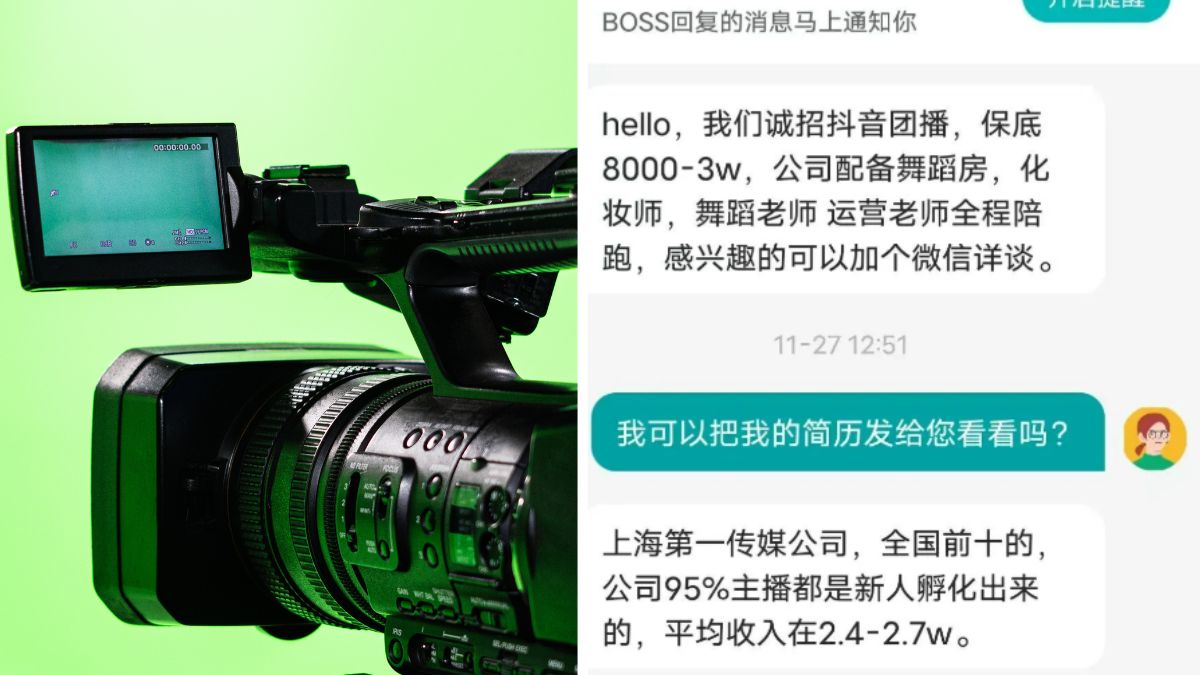
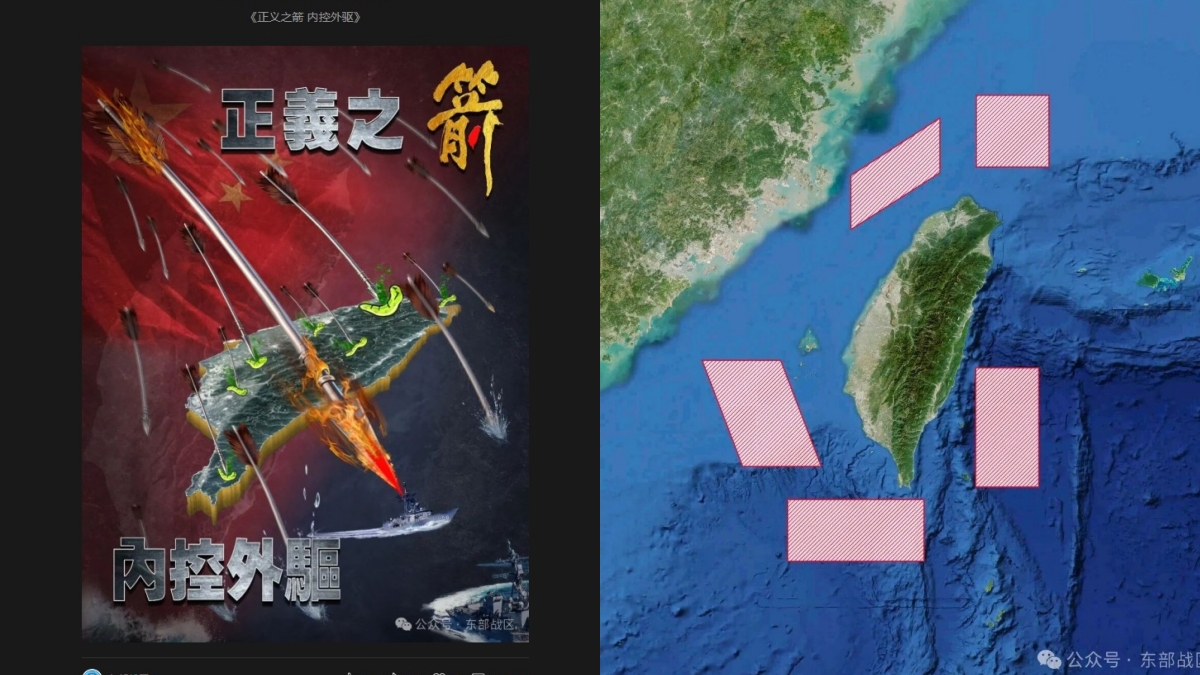

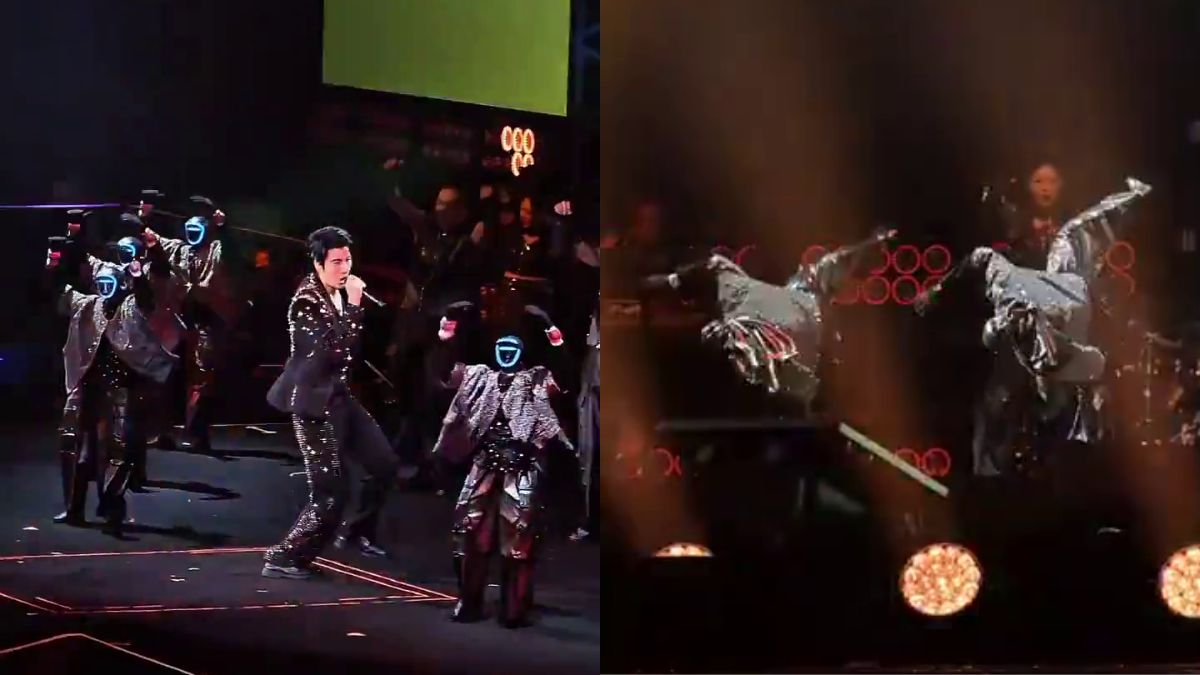
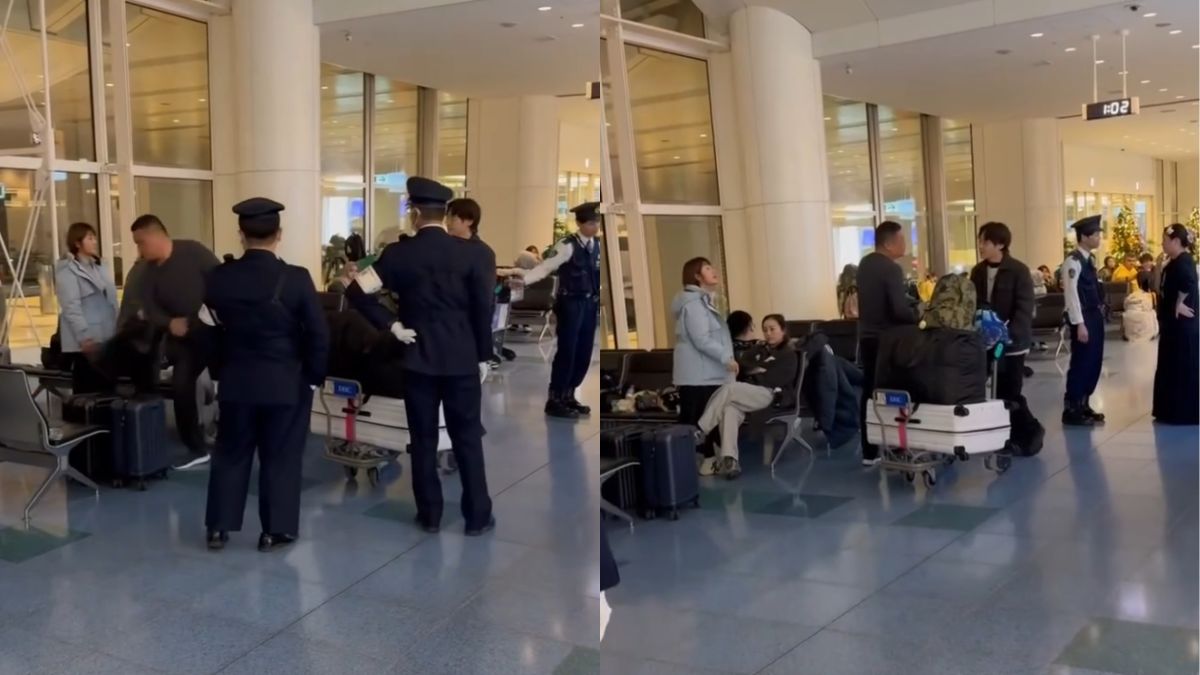
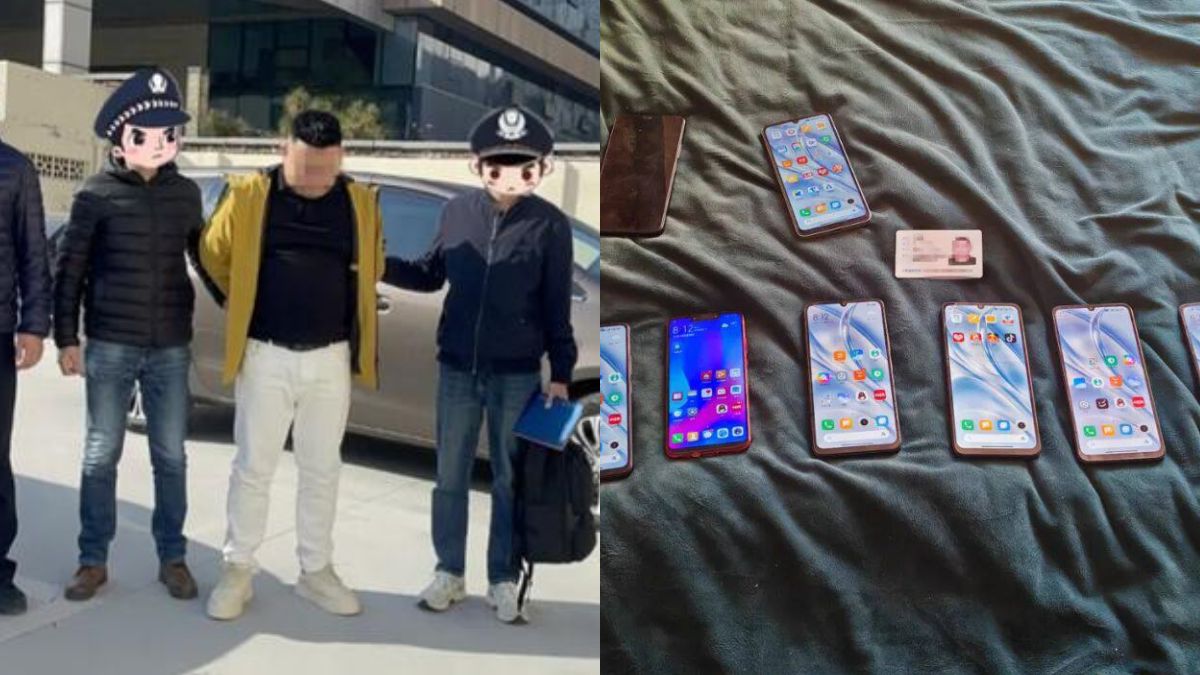
0 Comments